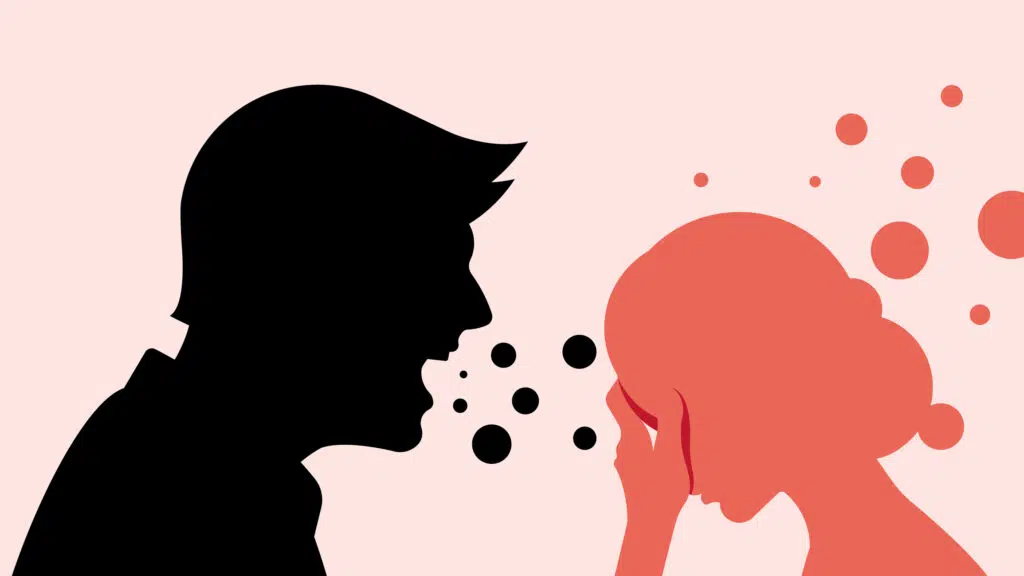How Diet Affects Mental Health

Eating a balanced diet rich in vegetables and nutrients may be associated with better overall mental health and feelings of wellbeing. Just as we demonstrated in ‘Let’s Start With Sleep’ how getting enough rest is crucial for a healthy body and mind, a well-balanced diet is just as important in helping brain development, especially in teens and young adults. One in five individuals will experience mental illness at some point in their lifetime, so eating well can help the brain function at its best and regulate how well a person feels.
But why is that?
For starters, there’s a strong correlation between a high-quality diet and a reduced prevalence of mental illnesses. Because the human brain needs nutrients to stay healthy, eating a variety of nutrient- and amino acid-rich foods like quinoa, amaranth, fruits, and veggies, for example, will allow the brain to get all the building blocks it requires to function optimally. Eating poorly, on the other hand, with high levels of saturated fat, refined carbohydrates, and processed foods has been linked to poor mental health. A study conducted at the Loma Linda University in California details that increased sugar consumption has been associated with bipolar disorder, dementia, and Alzheimer’s, and eating fried foods and processed grains has been linked to depression.
The study went on to document that nearly 17% of adults in California are likely to suffer mental illness in their lifetime and recommended that dietary interventions for those with mental illness should specifically target young adults. Based on research published in The Journal of Neuroscience, the structure and function of the brain continues to change throughout adolescence, and a poor diet lacking essential nutrients like omega-3 fatty acids, derived from fish and vegetables, has been shown to have adverse effects on mental health and performance.
Therefore, a poor diet can impair the brain and lead to mental health problems and learning disabilities. Analysis by Maryville University on the correlations between psychology and education show how there is a strong connection between a person’s mental health and their learning ability. This has led to a demand for specialists who understand this correlation and are able to help those in education. A workshop sponsored by the Virginia Education Association aims to do just that, by helping educators facilitate a better learning atmosphere for students who have a mental illness.
Still, more substantive, evidence-based programs are needed as the U.S. public education system isn’t addressing student mental health or nutrition comprehensively. Sugar is a major issue for adolescents, and their demographic is the biggest consumer of sugar in the United States. Sugar and a poor diet can trigger a cascade of physiological and psychological events that inhibit brain and gut hormones. Serotonin, which is a hormone that regulates mood and emotions, is produced mainly in the gut. As a result, people with a healthy gut are less likely to suffer mental health issues like anxiety and depression and also experience reduced stress. It is, therefore, imperative that any teen mental health treatment program needs to address diet as the central element of healing and recovery.

Understanding Impostor Syndrome: Breaking Free from Self-Doubt
Imposter syndrome can make you feel like a fraud with no confidence in your abilities. You’re not alone; so many people feel like this. The good news is that you can break free from imposter syndrome and overcome self-doubt; here’s how.

Supporting a Loved One with Mental Illness: Practical Tips and Resources
There isn’t one perfect way to support a loved one with mental illness. How you care for someone will depend on you and the person you support. Mental illness can affect all aspects of a person, from mood to behavior. It can come as a shock when a loved one is diagnosed with a mental illness.

Is My Relationship One-Sided?
Do you feel like you’re doing all the work in a relationship? When a relationship is one-sided, it can create stress and conflict. If one partner invests more energy and effort to make the relationship work, it creates an imbalanced dynamic that can be draining in the long haul.

How To Recover From Burnout?
Manageable and short-term stress can increase alertness and give you the focus to hit a tight deadline. But left unchecked, chronic stress can result in burnout, leading to complete physical, mental, and emotional exhaustion.

